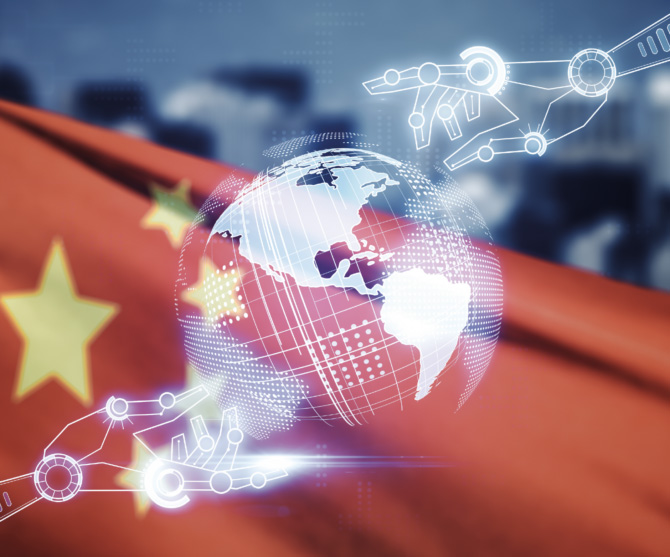Covid-19 has broken the mold of the way we live our lives.
You might think we’d gone backwards. The pandemic triggered ugly scenes: neighbors spying on each other; militias raiding US state capitols; conspiracy theorists hiding blades behind 5G propaganda posters to deter their removal. Yet the consequences of coronavirus were retrograde only in the short term. The mid- and long-term effects will be profoundly progressive. Covid-19 is the ultimate socio-technological accelerant.
Consider this. The working from home revolution had been predicted, but only negligibly delivered, since high-speed internet began to penetrate western households a decade ago. While at-home technology accelerated at a breath-taking rate, the advance of remote-working was considerably more modest. A plethora of barriers – a lack of trust; concerns over data protection; the powerful force of old-fashioned management inertia – meant fewer employees worked remotely than futurists had forecast.
The pandemic changed all that. Companies adopted home-working almost overnight. The inertia was replaced by dynamic necessity; issues over trust and protection were ironed out or fizzled away of their own accord. Remote working strategies are no substitute for just doing it. Vodaphone and Facebook were just some of the bigger names who have decreed that their remote working revolution will endure long after the virus has been beaten.
It’s hard to overstate how revolutionary this is. The rapidity at which online meetings have been normalized makes it easy to forget how unusual they once were. Board meetings over Zoom were rarer last year than blue orchids. They are now as commonplace as bluegrass. Organizations have hired key personnel including C-suite leaders – even chief executives – without ever meeting them. There is no turning back. Post-virus, much business communication will stay this way.
We have witnessed the future, albeit from the tip of the iceberg. Below the waterline is something ever more radical. The global embrace of technology as a means of interaction arrived – as Ernest Hemingway once said of bankruptcy – gradually, then suddenly. The Jetsons’ videophones seemed the height of futuristic kitsch when the original animated series launched in 1962. They seemed almost as fantastical when the motion picture premiered in 1990. Today, videocalling is mundane: audio-only chats with friends feel luxurious in comparison.
The pandemic has broken the glass ceiling of technology use to the extent that nothing is off the table. The next leap forward will come from virtual reality, which is advancing at breakneck speed and will take us into virtual business meetings, vacations and leisure pursuits. These will feel real, but at a fraction of the cost.
During a month this summer, I spent time with more chief executives than I would ordinarily meet in a year. They were relaxed, engaged and attentive. We could brainstorm ideas to reinvent their companies without having naysayers torpedo the discussions. This unhurried, constructive dialogue was no doubt in part because they were done from the comfort of our homes rather than in the straitjacket of an office environment.
It is a trite truism to say that coronavirus has been a scourge upon the world. But its legacy might be brighter than one might assume. Covid-19 has forced us to rethink the way we manage our lives. Much of the opportunity to change was there before. But we had little motive to grasp it.



